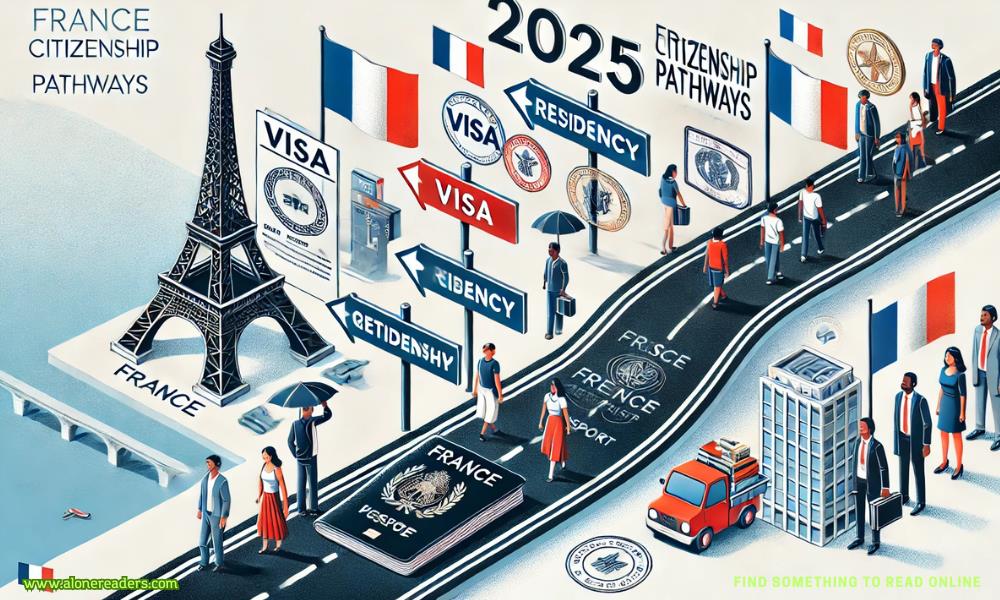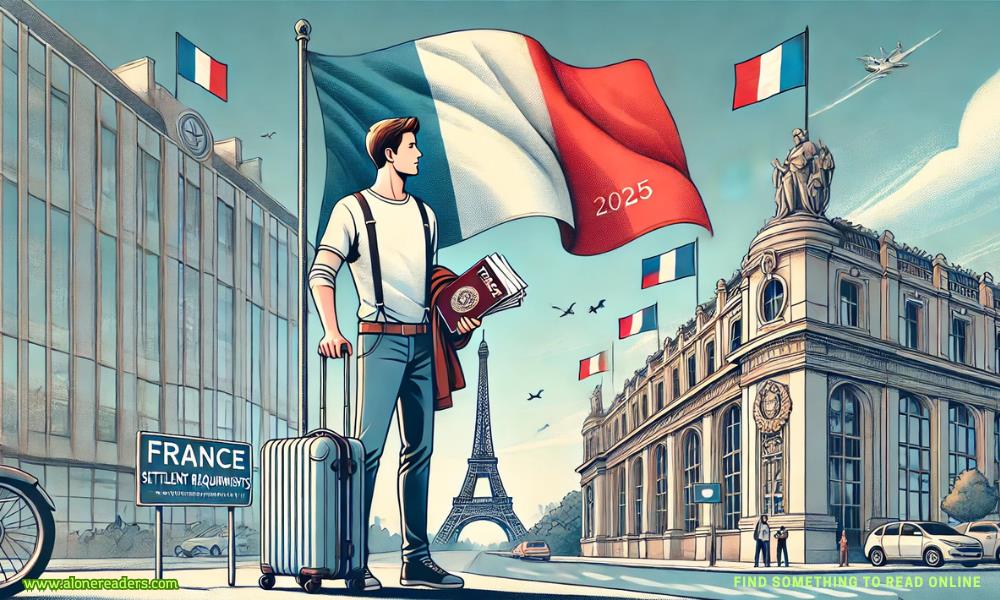Page 18 of I Will Find You
Her eyes trace over the scars for another few seconds. I stay still, let her get on with it. Then she asks the obvious question: “So what do we do?”
“I got to get out of here,” I say.
“You have a plan?”
I shake my head. “For mental exercise, to keep myself semi-sane, I used to dream up ways of getting out of here. You know, escape plans. Nothing I’d ever act on. Just for the hell of it.”
“And?”
“And using my investigative skills, not to mention my innate wiles, I came up with”—I shrug—“nada. It’s impossible.”
Rachel nods. “No one has broken out of Briggs since 1983—and that guy was caught in three days.”
“You did your homework.”
“Old habit. So what are you going to do?”
“Let’s put that aside. I need you to research a few things for me.”
When Rachel whips out her reporter’s notebook, the familiar four-by-eight-inch kind with the wire spiral on the top, I can’t help but smile. She’d used them for years, even before getting the job at the Globe, and it always made it look like she was cosplaying a reporter, like she was going to don a fedora with a card reading PRESS jammed into the rim.
“Go ahead,” Rachel says.
“First off,” I say, “we need to figure out who the real murder victim was.”
“Because now we know it wasn’t Matthew.”
“Know may be an optimistic word, but yes.”
“Okay, I’ll start with the National Center for Missing and Exploited Children.”
“But don’t stop there. Go to any websites you can think of, social media pages, old newspapers, whatever. Let’s start by making a list of any Caucasian male children between the ages of two and, say, four years old who were reported missing within a two-month span of the murder. Try to keep the search within a two-hundred-mile radius. Spread out after that. Go a little younger, a little older, farther away, you know the deal.”
Rachel jots it down. “I may have a few sources I haven’t burned in the FBI,” she says. “Maybe one of them can help.”
“Sources you haven’t burned?”
She shakes it off. “What else?”
“Hilde Winslow,” I say.
We both go silent for a moment.
Then Rachel asks, “What about her?”
My throat closes. It is hard for me to speak.
“David?”
I signal that I’m okay. I put myself together one piece at a time. When I trust my voice again, I ask, “Do you remember her testimony?”
“Of course.”
Hilde Winslow, an elderly widow with twenty-twenty vision, testified that she saw me burying something in the woods between our homes. The police dug at that spot and uncovered the murder weapon covered with my fingerprints.
I feel Rachel’s eyes on me, waiting.
“I could never explain that,” I manage to say, trying to give myself some distance, pretending that I’m talking about someone else, not me. “At first, I thought that maybe she saw someone who looked like me. A case of mistaken identity. It was dark. It was four in the morning. I was pretty far away from her back window.”
- Just a Little Crush by Carly Phillips
- Mountain Mens' Curvy Obsession by Kai Lesy
- Gilded Whispers by Penelope Wylde
- Obsession & Oath by Sierra Voss
- Boulder's Weight by Elizabeth Knox
- Savage Bratva King by Vivy Skys
- Code Name: Dante by Heather Slade
- Hate Game by Ashlyn Mathews
- Good Girls Don't Kiss and Tell by Codi Gary
- Hell to Pay by Sadie Hunt
- To the Grave by Sadie Hunt
- Pay the Price by Sadie Hunt
- Gather the Storm by Sadie Hunt
- Kings & Carnage by Sadie Hunt
- Christmas Candy by Celia Aaron
- Her Professor's Valentine by Celia Aaron







